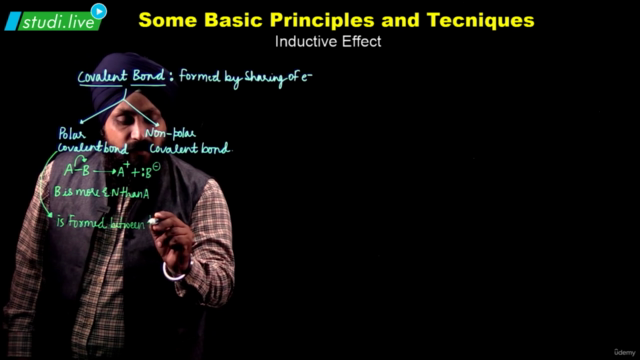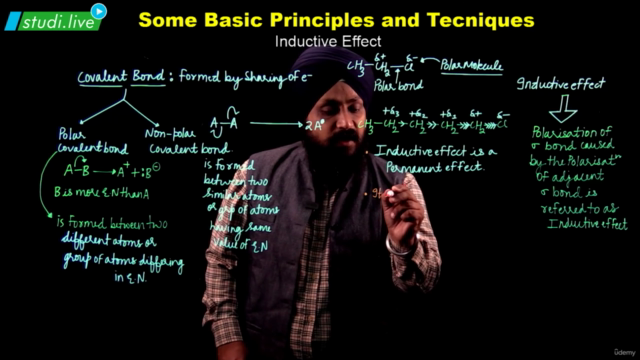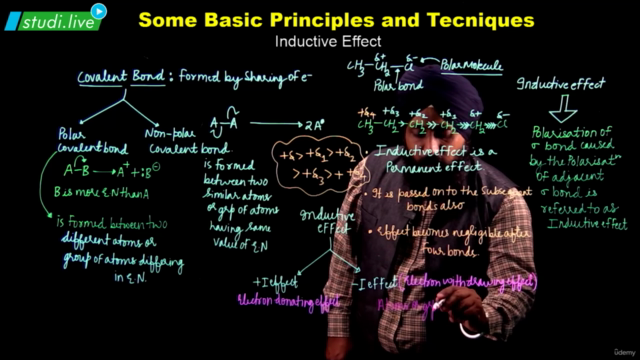Organic Chemistry - Some Basic Principles and Techniques

Why take this course?
🎓 Organic Chemistry - Some Basic Principles and Techniques
🚀 Course Headline: Complete Chemistry for Engg and Medical Entrance Exam Preparation. (IIT JEE Main | Advanced | BITSAT | SAT | NEET etc.)
🔥 Summary: In this course, we delve into the fundamental concepts of organic chemistry that are essential for understanding the structure and reactivity of organic compounds. We'll explore how carbon's versatility is governed by its ability to form various hybrid orbitals—sp3, sp2, and sp—which underpin the shapes and bonds found in molecules like methane, ethene, and ethyne. You'll learn about the significance of pi (π) bonds and how organic compounds can be represented through structural formulas, including the three-dimensional wedge and dash notation.
🧪 Understanding Molecular Structure & Functional Groups: We will navigate through the intricacies of organic molecules, learning how to classify them based on their structure or functional groups. The International Union of Pure and Applied Chemistry (IUPAC) nomenclature will be demystified, revealing the correlation between compound names and their structural representations—allowing you to deduce a molecule's structure from its name.
🔬 Reaction Mechanisms & Polarity Effects: Organic reaction mechanisms are the cornerstone of organic chemistry. You'll learn about heterolytic and homolytic bond cleavages, nucleophiles, electrophiles, and the influence of inductive, resonance, electromeric, and hyperconjugation effects on molecular polarization.
🎯 Types of Organic Reactions: We will cover a wide range of organic reactions, including substitution, addition, elimination, and rearrangement reactions. You'll gain insights into the purification techniques such as sublimation, distillation, and differential extraction, as well as the fundamentals of chromatography—adsorption and partition chromatography.
🔄 Purification & Analysis: Learn about the methods used to determine the purity of organic compounds, including qualitative and quantitative analysis. We'll explore how to use Lassaigne’s tests to detect various elements, estimate the percentage of carbon and hydrogen by combustion, and understand the importance of calculating the percentage of nitrogen, sulphur, halogens, and phosphorus by difference.
📈 Why This Course?
- Comprehensive Coverage: From hybrid orbitals to reaction mechanisms, this course covers all the essential topics for understanding organic chemistry.
- Exam Focused: Tailored specifically for engineering and medical entrance exams like IIT JEE Main, Advanced, BITSAT, SAT, and NEET, ensuring you're prepared for the challenges these exams present.
- Real-World Applications: Understand the practical applications of organic chemistry principles in real-world scenarios, giving you a competitive edge.
- Interactive Learning: Engage with interactive content that makes complex concepts easier to grasp and retain.
Enroll now to master the fundamental principles of organic chemistry and excel in your entrance exams! 🎓✨
Course Gallery




Loading charts...